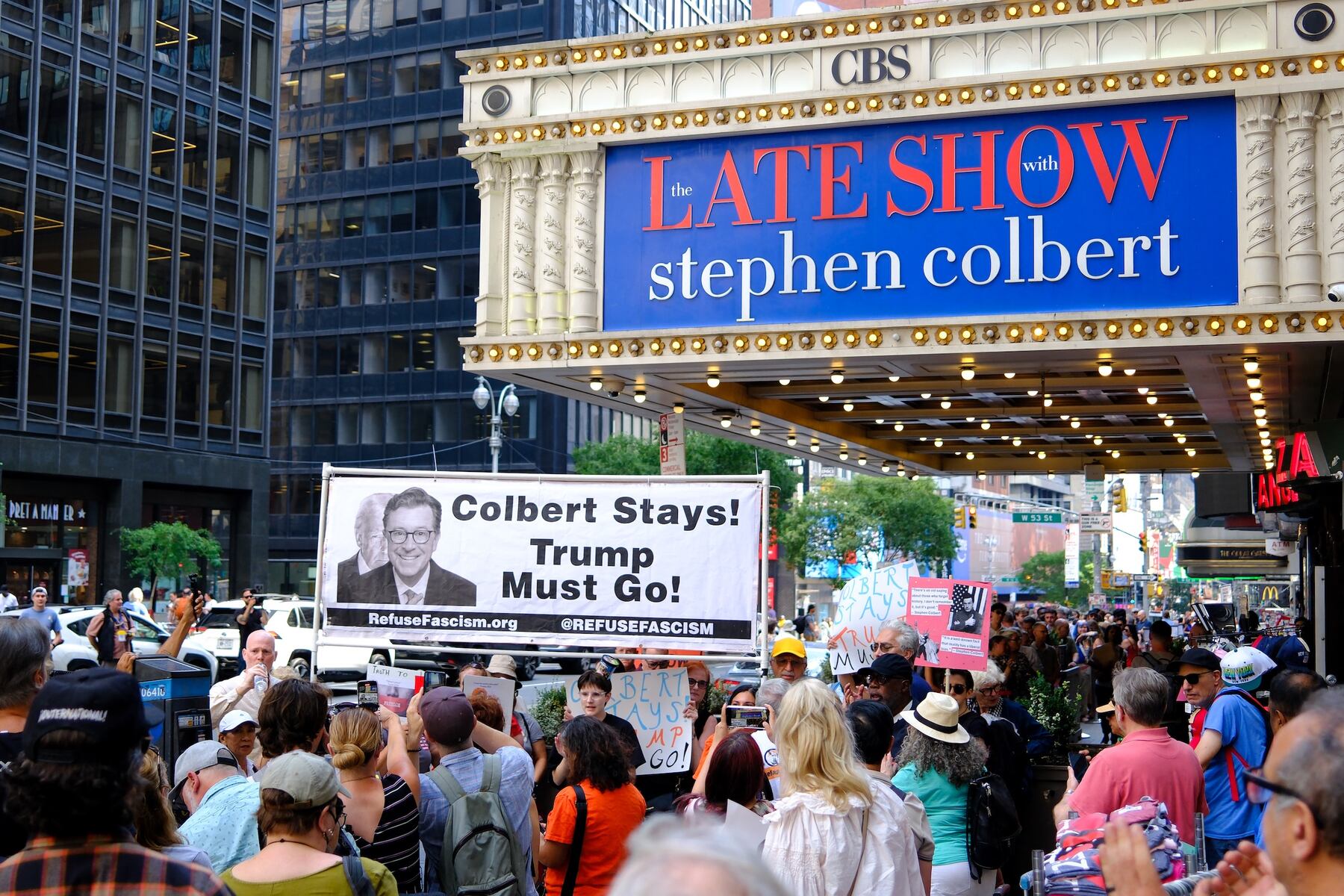Recent commentary from a Cleveland resident has ignited discussions surrounding the state of democracy in the United States, particularly in the context of cancel culture. In a letter published in the local media, Stephen Gladstone expressed concerns about the implications of public figures like Stephen Colbert and Jimmy Kimmel facing backlash for their actions and statements.
Gladstone’s letter emphasizes a perceived threat to democratic principles, suggesting that the ongoing cultural climate could lead to a significant erosion of rights and freedoms. He stated, “Unless we stand up and do something, the loss of America’s democracy, a notion once unbelievable, becomes almost inevitable.” This stark warning reflects broader sentiments among some citizens who feel that open discourse is under attack.
The commentary has raised questions about the future of public dialogue and the potential consequences of silencing voices in media. Gladstone specifically questioned whether platforms like cleveland.com and The Plain Dealer might face similar scrutiny for publishing dissenting opinions. His remarks resonate with many who believe that a vibrant democracy relies on the ability to engage in robust discussions, even when opinions clash.
As the debate unfolds, the implications of cancel culture are becoming increasingly complex. Critics argue that while accountability is essential, the potential for overreach can stifle creativity and expression, leading to a chilling effect on free speech. Advocates for open dialogue maintain that a healthy democracy must embrace diverse viewpoints, even those that may be uncomfortable or controversial.
In a time when the media landscape is rapidly evolving, the reflections from Gladstone serve as a reminder of the delicate balance between accountability and freedom of expression. His call to action urges individuals and communities to actively engage in protecting democratic values, ensuring that the foundations of American society remain intact amidst changing cultural tides.
The letter has sparked interest in broader discussions about the role of humor and satire in political discourse, particularly as comedians like Colbert and Kimmel navigate the evolving social landscape. As public figures continue to grapple with the consequences of their words and actions, the conversation around democracy and free speech will likely remain a pivotal issue in the coming years.
In summary, the concerns raised by Gladstone encapsulate a growing anxiety regarding the future of democratic engagement in the U.S. His assertion that without collective action, the potential decline of democracy is a pressing issue resonates with many, further fueling the ongoing dialogue about the importance of safeguarding the freedoms that define the nation.
